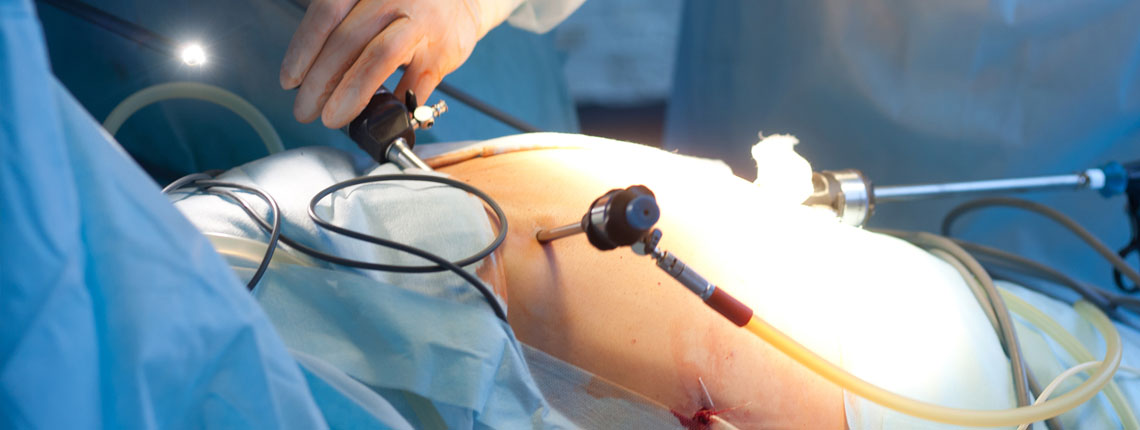Laparoscopic appendectomy
What is it?
Also known as appendix surgery, it is a procedure in which general anesthesia lasts approximately 30 min and consists of removing the diseased appendix (many Times perforated). The surgery is performed by means of small incisions in the skin (3) of a half centimeter to 1 centimeter the largest, through which a high resolution camera and instruments are introduced. With that vision and the instruments delicately separate the tissues and extract the diseased appendix by placing it in a special bag.

DIET AND RECOMMENDATIONS SUBSEQUENT TO APPENDICECTOMY BY LAPAROSCOPY
Acute appendicitis is a condition that can be detected and treated in a timely manner or in some cases very late, leading to more generalized consequences such as perforation and peritonitis.
However, in most cases when the patient leaves the hospital at home, the care and recovery is very important, especially the recovery to 100% of their intestines, therefore a proper diet would help to improve this condition.
Each case is different, as far as recovery and return to normal, but in general it can be said that our digestive system requires at least a week to be "normal" again. While this is happening it is important to follow the following recommendations to avoid unpleasant symptoms or delay recovery.
General Tips:
- Eat slowly and chew food well.
- Make 5 or 6 meals a day, with small to moderate portions, eat until you feel satiated NOT to fill.
- Walk 5 to 10 minutes minimum after meals to facilitate digestion.
- Avoid intense exercise or physical exertion, just perform breathing exercises with deep breaths several times a day.
- Avoid greasy and spicy foods.
- Avoid any food that dissolves or produces gas in the intestine.
Recommended Foods:
- Tea, hot infusions especially of chamomile, lemonade.
- Non-fat dairy products, light or 2%.
- Rice, brown rice, pasta or watery soups, whole wheat bread.
- Legumes, preferably shelled, such as lentils, chickpeas, beans, beans in moderate portions.
- Fruits, baked like apple and pear. Raw: pear, papaya, melon, grapes. Canned fruits.
- Vegetables: spinach, lettuce, chard, carrot, potato, chayote. It can be mashed or non-dairy creams.
- White meat (skinless chicken, turkey, turkey breast ham, fish) grilled NOT fried or breaded.
- 1 or 2 eggs a day, cooked or prepared to taste without using excess oil.
Prohibited or Very Limited Foods:
- Chocolate
- Red and greasy meats (especially the first week)
- Sausages (sausage, sausage)
- Seafood (shrimp, crab, octopus, oysters)
- Whole milk, butter, whole cream ice cream
- Garlic, cauliflower, turnips, peppers, radishes, onion
- Spicy sauce, spices, vinegars
- Fried or breaded foods
- Alcohol
- Carbonated or carbonated soft drinks

